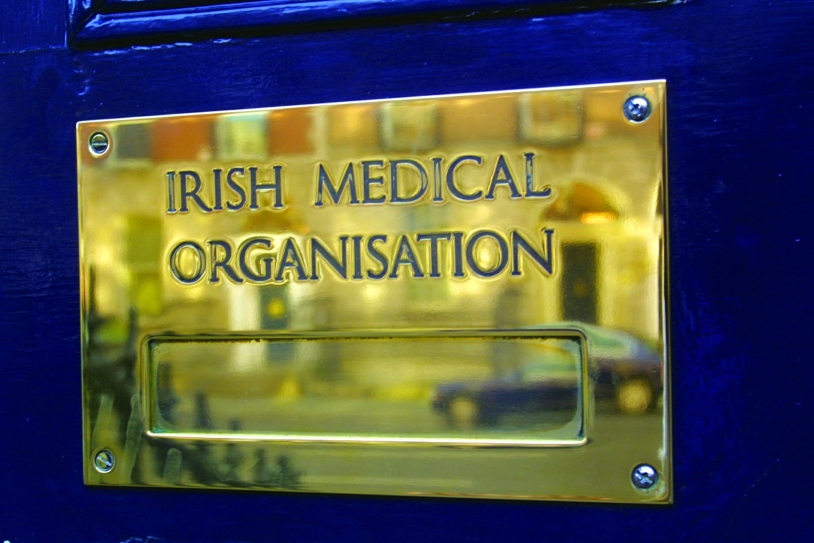Seven cases of suspected thrombosis with thrombocytopenia syndrome (TTS) associated with the Oxford Astra Zeneca Covid-19 vaccine Vaxzevria® have been reported to the Health Products Regulatory Authority (HPRA).
Up to the 9 June, 9470 reports of suspected Covid-19 vaccine side effects were notified to the HPRA out of total 3.1 million (2.1 million dose one and one million dose two) vaccine administrations.
The cases of TTS, the unusual combination of blood clotting in combination with low platelets, occurred up to 9 June, a new safety update from the Authority outlined.
Symptoms such as shortness of breath, severe and/or persistent headache, unusual skin bruising, abdominal pain, leg pain and leg swelling generally occurred one to three weeks after first dose of the vaccine.
Cases occurred in men and women, with a median age of 45 (age range 29 to 63 years).
TTS is a rare side effect of adenoviral vector vaccines. The European Medicines Agency (EMA) estimates that TTS occurs in 1/100,000 people vaccinated with Vaxzevria.
“In a small number, blood clots occurred in unusual locations, including in the brain (cerebral venous sinus thrombosis, CVST) and liver (hepatic and portal veins). Based on information currently available, the individuals are either discharged or recovering in hospital after receiving specialist medical care,” according to the authority.
Separately, the HPRA was notified of 15 reported of suspected myocarditis and/or pericarditis following vaccination, including nine following mRNA vaccination and six after Vaxzevria® up to 9th June.
Of the 15 reports, six were myocarditis, six pericarditis and a further three both myocarditis and pericarditis.
“In a small number of cases there was a previous history of pericarditis. The cases occurred in 10 females and five males, with a median age of 53 years (range 28 to 81),” according to the authority.
“Symptoms appeared after the first dose in 11 cases and after the second dose in four cases. In eight of the cases, the diagnosis was reported as provisional in nature, or medical confirmation is awaited.
“For the remaining seven cases, for which more complete information is available, most individuals had recovered, or were recovering at the time of reporting. All reports describing myocarditis and/or pericarditis are carefully reviewed. However, it can be expected that medical events due to various causes will continue to occur, including following vaccination, but which are not necessarily caused by the vaccine.”
Myocarditis and pericarditis are inflammatory diseases of the heart that typically occur following an infection or immune disease.
Symptoms of myocarditis and pericarditis can vary but often include shortness of breath, a forceful heartbeat that may be irregular, and chest pain. These conditions can improve spontaneously or with treatment. Anyone displaying these symptoms following vaccination should seek medical treatment.
The EMA’s safety committee assessment of reports describing myocarditis and pericarditis following Covid -19 vaccination, which commenced in April, remains ongoing
It began following reports of cases in Israel following vaccination of Comirnaty® in mostly males under 30 years of age.
The update said the vast majority of side effects are “mild to moderate” and that overall the benefits of Covid-19 vaccines outweigh the risks.













Leave a Reply
You must be logged in to post a comment.